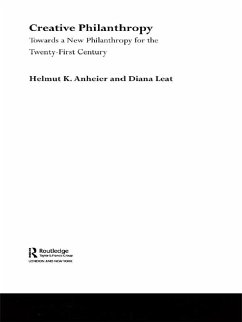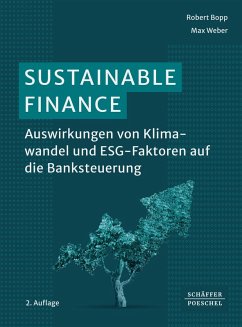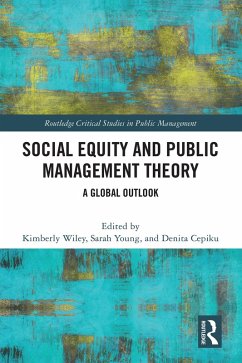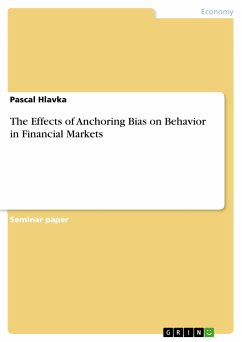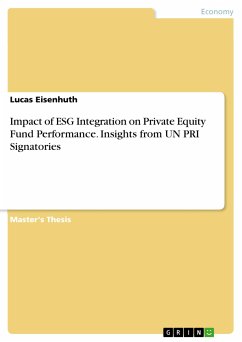
Impact of ESG Integration on Private Equity Fund Performance. Insights from UN PRI Signatories (eBook, PDF)
Sofort per Download lieferbar
29,99 €
inkl. MwSt.

PAYBACK Punkte
0 °P sammeln!
Master's Thesis from the year 2023 in the subject Economics - Finance, grade: 1,0, University of Frankfurt (Main), language: English, abstract: This study investigates the impact of environmental, social, and governance integration on private equity fund performance, as measured by the UN Principles of Responsible Investment signatory status of the general partner. Using a comprehensive dataset of 3,127 private equity funds from the Preqin database and ESG information from the UN Principles of Responsible Investment directory, I find that funds managed by fund managers who signed the UN Princi...
Master's Thesis from the year 2023 in the subject Economics - Finance, grade: 1,0, University of Frankfurt (Main), language: English, abstract: This study investigates the impact of environmental, social, and governance integration on private equity fund performance, as measured by the UN Principles of Responsible Investment signatory status of the general partner. Using a comprehensive dataset of 3,127 private equity funds from the Preqin database and ESG information from the UN Principles of Responsible Investment directory, I find that funds managed by fund managers who signed the UN Principles of Responsible Investment exhibit a negative association with financial performance. Since the 1980s, the private equity (PE) asset class has developed from an alternative investment niche into a major player in the global financial industry. With assets under management (AuM) growth rates that far outstrip most other asset classes, PE plays an increasingly important role. For example, authors from the Harvard Busi-ness Review expect global PE assets to exceed $11tn in 2026 and state that, already today, around 10,000 PE firms are responsible for 20mn employees in approximately 40,000 portfolio companies. Simultaneously, integrating environmental, social, and governance (ESG) criteria into investment decisions has gained considerable momentum in recent years. Driven by growing awareness of climate change, social ine-qualities, and corporate governance issues, investors increasingly recognize the im-portance of incorporating non-financial factors into their investment analysis and portfo-lio selection. Speaking in numbers, at the beginning of 2020, the total value of sustainable investments across major asset classes in developed markets rose to $35.3tn, representing a growth of 15% between 2018 and 2020. This results in 35.9% of total AuM during this period. The social relevance of the climate challenge and the associated increasing investment in the sustainable transformation of the global economy has thus logically found its way into the academic world. For example, annual academic publications on environmental finance have grown more than 17-fold, from 13 in 2010 to 223 in 2019. Nevertheless, less than 1% of academic litera-ture on PE or venture capital (VC) between 1960 and 2020 deals with sustainability issues.
Dieser Download kann aus rechtlichen Gründen nur mit Rechnungsadresse in A, B, BG, CY, CZ, D, DK, EW, E, FIN, F, GR, HR, H, IRL, I, LT, L, LR, M, NL, PL, P, R, S, SLO, SK ausgeliefert werden.







